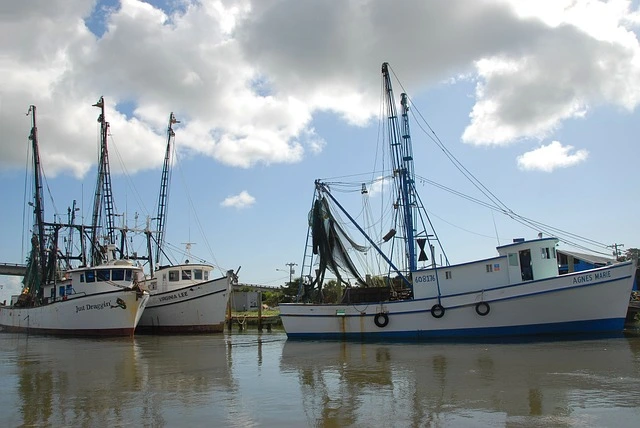Navigating Commercial Fishing Income and Fisheries Conservation Deductions
Commercial fishing is a vital part of the global food supply chain. Nevertheless, the financial aspects of this industry, especially concerning tax issues, are difficult to handle. This guide examines essential tax matters for commercial fishing and seafood businesses, concentrating on taxable income from fishing operations and conservation incentives to fisheries.
Taxation of Commercial Fishing Income:
Business Structure: Tax treatment on fishing income differs according to your business structure. Sole proprietorships and partnerships show fishing income on their tax return, while corporations have their returns to file.
Inventory vs. Catch: Seafood caught are generally treated like finished goods ready for sale but not yet sold. Hence, the income of the business is taken when the fish is being sold and not when they are still in the sea.
Basis Calculations: It is necessary to record your vessel’s operating costs, repair expenditures, and any improvement spent on the vessel. Such costs must be added to your base price for the vessel, and this will be considered an asset that can reduce taxable income when this vessel gets sold in the future.
Understanding Fisheries Conservation Deductions:
Fisheries Management Programs: The government provides the opportunity to claim tax deductions on certain expenses linked to fisheries management activities. This may cover expenditures related to the quotas, licenses, and gear modifications that are needed to sustain the fish populations.
Habitat Restoration Projects: Donations to accredited projects for aquatic ecosystem restoration may be eligible for tax deduction as charitable contributions.
Maximizing Tax Advantages:
Detailed Record-keeping: Accurately record all fishing activities, catch logs, sales orders, operating expenses, and fisheries management program expenses. Complete records are important so that they can be used as support for your income, expenses, and tax basis calculations.
Track Gear and Vessel Expenses: Make sure to keep accurate inventory records of all fishing gear purchase, repair, and renovation costs. These expenses can be deducted in the year when they are incurred as ordinary business ones.
Seek Professional Guidance: The fishing industry deals with ever changing maritime tax laws that are rather intricate. Therefore a tax professional familiar with these laws should always be consulted. They help you file the taxes, check compliance, and avail tax reductions. Therefore, consider utilizing marketplaces like IfindTaxPro. You can post your project and find the right tax specialist for you.
Additional Considerations:
State and Local Taxes: Some local and state governments may add business and sales taxes to commercial fishing operations and seafood at retail stores. Research the state and municipal tax legislation that may apply to your business and make an application.
Fuel Tax Credits: It is worthwhile to check the various credits and exemptions applicable to the fuel used in the commercial fishing process.
Knowing how and what is taxed in commercial fishing income can help you better understand the tax system. Learning about fisheries conservation helps to increase the rate of deduction. Keeping sound records can give fishing and seafood businesses a competitive advantage during tax filing and help to reduce the tax burden. Remember, working closely with a tax professional specializing in sea transportation is pivotal to implementing the most efficient tax strategy. They help ensure a sustainable financial situation for your fishing business. By working together, you can ensure a smooth sail through tax season and focus on what matters most: the profitable and sustainable fishing business on our part.








